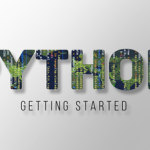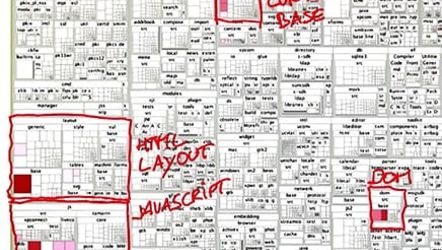
Software Debugging
Summary
In this class you will learn how to debug programs systematically, how to automate the debugging process and build several automated debugging tools in Python.
Expected Learning
At the end of this course you will have a solid understanding about systematic debugging, will know how to automate debugging and will have built several functional debugging tools in Python.
Syllabus
Lesson 1: How Debuggers work
Theory: Scientific method and its application to debugging.
Fun fact: First bug in the history of computer science.
Practice: Building a simple tracer.
Lesson 2: Asserting Expectations
Theory: Assertions in testing and in debugging.
Fun fact: The most expensive bug in history.
Practice: Improving the tracer.
Lesson 3: Simplifying Failures
Theory: Strategy of simplifying failures. Binary search. Delta debugging principle.
Fun fact: Mozilla bugathon.
Practice: Building a delta debugger.
Lesson 4: Tracking Origins
Theory: Cause-effect chain. Deduction. Dependencies. Slices.
Fun fact: Sherlock Holmes and Doctor Watson.
Practice: Improving the delta debugger.
Lesson 5: Reproducing Failures
Theory: Types of bugs (Bohr bug, Heisenbug, Mandelbug, Schrodinbug). Systematic reproduction process.
Fun fact: Mad laptop bug.
Practice: Building a statistic debugging tool.
Lesson 6: Learning from Mistakes
Theory: Bug database management. Classifying bugs. Bug maps. Learning from mistakes.
Fun fact: Programmer with the most buggy code.
Practice: Improving your tools and practicing on a real world bug database.
Required Knowledge
Basic knowledge of programming and Python at the level of Udacity CS101 or better is required. Basic understanding of Object-oriented programming is helpful.
Free
Intermediate
8 weeks
Andreas Zeller
Coursearena





